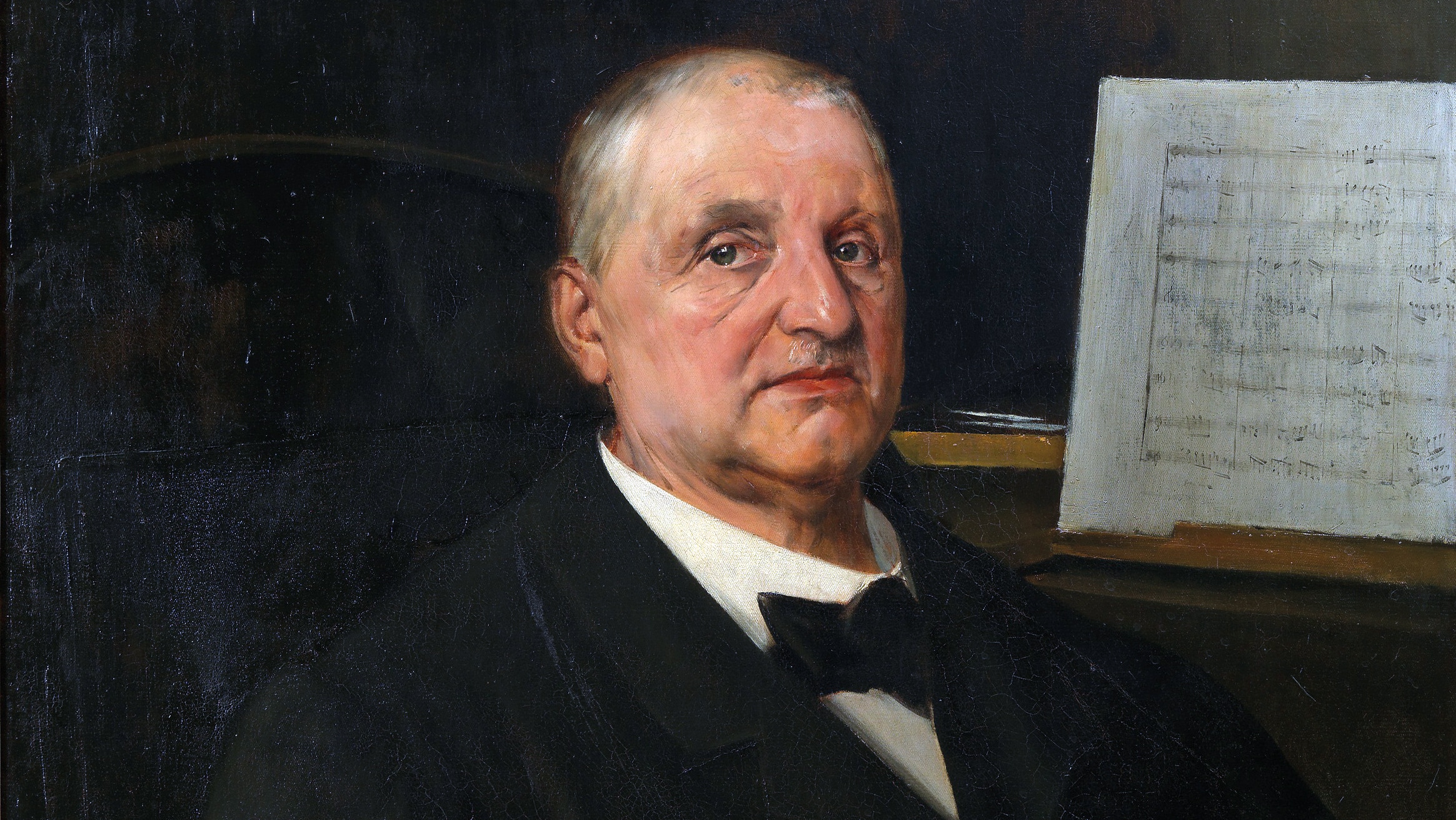Anton Bruckner, whose 200th birthday we are celebrating this year, is considered a devout Catholic. But how did Bruckner's practised Christianity appear to his contemporaries? In an evening event, the Viennese musicologist and Catholic theologian Elisabeth Maier attempts to approach the spiritual life of the great symphonic composer. An impressive testimony to this are Bruckner's so-called "prayer records" in his notebooks. Musical aspects such as the possibility of a semantic meaning of quotations or the question of the dedication of the "Ninth Symphony" to "Dear God" will also be controversially discussed.
Programme of the event:
On 12 January 1885, Johannes Brahms wrote to his friend Elisabet von Herzogenberg, who was urgently awaiting his verdict on the symphonic composer Bruckner: "He is a poor, crazy man who has the priests of St. Florian on his conscience."
How did Bruckner's contemporaries actually view his practised Catholic Christianity? As Linz's cathedral and parish organist (from 1855 to 1868), Bruckner belonged to the small circle of men who supported the city's cultural life. In the first reviews of his works, his personal piety is not mentioned once - it had no place here and does not seem to have struck anyone as peculiar or worthy of special mention. The situation was quite different in Vienna, where Bruckner was active from 1868. Only a fraction of the men in public life at that time professed allegiance to the church. Against this background, the fact that Bruckner's practised Catholicism alienated many of his Viennese contemporaries is somewhat easier to understand.
So much for a first look from the outside. But this evening, with all due respect for the sensitive area of a person's personal faith, we will attempt to take a closer look at the spiritual life of the great symphonist. Bruckner's so-called "prayer records" in his notebooks are an impressive testimony to this.
Musical aspects such as the possibility of a semantic interpretation of quotations (from Wagner's works or his own church works) or even the question of the dedication of the "Ninth Symphony" to the "Dear God" (which has only been passed down orally), which has been discussed so intensively in recent years, are also very controversial.
(Elisabeth Maier)
